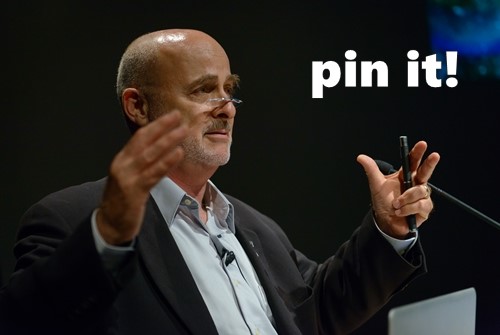recommended science fiction

science fiction for children
Science fiction opens young minds readers to the exciting possibilities of the future. Here are David Brin's recommendations of science fiction and fantasy novels for children.
#AmazonCommissionsEarned
science fiction for young adults
What books can we give our teens and young adults that don't mire them in a swamp of vampires, domineering wizards or nostalgia for feudalism? Here are just a few of Brin's favorites.
#AmazonCommissionsEarned

nonfiction for SF fans
Here are some of David Brin's favorite nonfiction books. Read for a grounding in the science behind his science fiction and nonfiction.
#AmazonCommissionsEarned
a brief intro to science fiction author DAVID BRIN
To learn more, visit his books page, or see his "about me" page or detailed biography.

novels
David Brin's science fiction novels have been New York Times Bestsellers, winning multiple Hugo, Nebula and other awards. At least a dozen have been translated into more than twenty languages. They range from bold and prophetic explorations of our near-future to Brin's Uplift series, envisioning galactic issues of sapience and destiny (and star-faring dolphins!). Learn More
shorter fiction
Short stories and novellas have different rhythms and artistic flavor, and Brin's short stories and novellas, several of which earned Hugo and other awards, exploit that difference to explore a wider range of real and vividly speculative ideas. Many have been selected for anthologies and reprints, and most have been published in anthology form. Learn More
Contrary Brin blog
Since 2004, David Brin has maintained a blog about science, technology, science fiction, books, and the future — themes his science fiction and nonfiction writings continue to explore. Learn More
social media influencer
Who could've predicted that social media — indeed, all of our online society — would play such an important role in the 21st Century — restoring the voices of advisors and influencers! Lively and intelligent comments spill over onto Brin's social media pages. Learn More

scientist
David Brin's Ph.D in Physics from the University of California at San Diego (the lab of nobelist Hannes Alfven) followed a masters in optics and an undergraduate degree in astrophysics from Caltech. Every science show that depicts a comet now portrays the model developed in Brin's PhD research. Learn More
transparency expert
Brin's non-fiction book, The Transparent Society: Will Technology Force Us to Choose Between Freedom and Privacy?, continues to receive acclaim for its accuracy in predicting 21st Century concerns about online security, secrecy, accountability and privacy. Learn More
speaker & consultant
Brin speaks plausibly and entertainingly about trends in technology and society to audiences willing to confront the challenges that our rambunctious civilization will face in the decades ahead. He also talks about the field of science fiction, especially in relation to his own novels and stories. To date he has presented at more than 200 meetings, conferences, corporate retreats and other gatherings.Learn More
future/tech advisor
Brin advises corporations and governmental and private defense- and security-related agencies about information-age issues, scientific trends, future social and political trends, and education. Urban Developer Magazine named him one of four World's Best Futurists, and he was appraised as "#1 influencer" in Onalytica's Top 100 report of Artificial Intelligence influencers, brands & publications. Past consultations include Google, Microsoft, Procter & Gamble, and many others. Learn More



